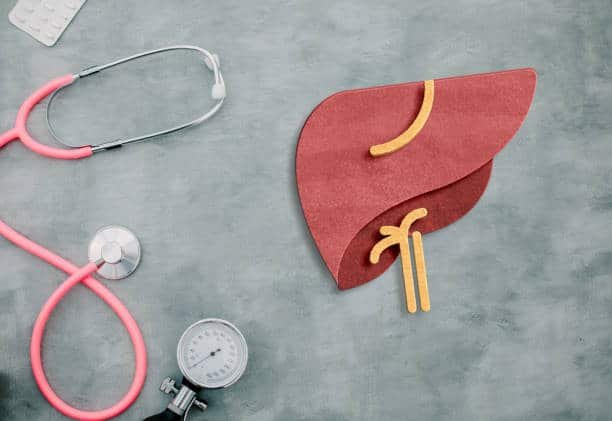What is Hepatitis?
Hepatitis is a term used to describe inflammation of the liver. It can be caused by various factors, including viral infections, alcohol abuse, certain medications, autoimmune diseases, and other toxic substances. The most common types of hepatitis are viral hepatitis, which are primarily caused by specific viruses attacking the liver.

Five main types of viral hepatitis, each caused by a different virus:
- Hepatitis A (HAV): Usually transmitted through contaminated food or water. It is typically a short-term infection and does not cause chronic liver disease.
- Hepatitis B (HBV): Primarily transmitted through contact with infected blood, sexual contact, or from an infected mother to her baby during childbirth. Hepatitis B can lead to both acute and chronic infections.
- Hepatitis C (HCV): Mostly transmitted through contact with infected blood, often through sharing needles or syringes among drug users. Hepatitis C can also lead to chronic infection, and if left untreated, it can cause severe liver damage.
- Hepatitis D (HDV): This is a rare form of hepatitis that only occurs in individuals already infected with hepatitis B. HDV requires the presence of hepatitis B to replicate and cause liver damage.
- Hepatitis E (HEV): Transmitted primarily through contaminated water and food, similar to hepatitis A. It is usually a short-term infection, but pregnant women infected with HEV are at higher risk of severe complications.
Symptoms of hepatitis can vary depending on the type and severity of the infection but may include fatigue, jaundice (yellowing of the skin and eyes), abdominal pain, nausea, vomiting, and loss of appetite. In some cases, hepatitis can lead to serious liver complications, such as cirrhosis or liver cancer.
Remedies for Hepatitis:

It’s important to note that while some home remedies may help alleviate symptoms of hepatitis or support liver health, they are not a substitute for medical treatment. If you suspect you have hepatitis or have been diagnosed with the condition, it is crucial to consult a healthcare professional for proper diagnosis, treatment, and management.
The treatment for hepatitis depends on the type and severity of the infection. For viral hepatitis (Hepatitis A, B, C, D, and E), medical treatments may include antiviral medications, immune modulators, and other therapies to manage symptoms and reduce liver inflammation. Here are some general tips and lifestyle changes that may support liver health for individuals with hepatitis:
- Rest: Get plenty of rest and avoid overexertion to allow your body to heal.
- Hydration: Drink plenty of water to stay hydrated and help your liver function properly.
- Balanced Diet: Follow a well-balanced diet that is low in fat, salt, and processed foods. Include plenty of fresh fruits, vegetables, whole grains, and lean proteins in your diet. Avoid alcohol and limit caffeine intake.
- Avoid Unnecessary Medications: Some medications, including over-the-counter drugs and herbal supplements, can be harmful to the liver. Always consult your doctor before taking any medications or supplements.
- Hepatitis Vaccination: If you have not been vaccinated against hepatitis A and B and are at risk, consider getting vaccinated.
- Avoid Alcohol and Drug Use: Alcohol and certain drugs can be harmful to the liver, so it’s crucial to avoid them if you have hepatitis.
- Avoid Sharing Personal Items: If you have hepatitis B or C, avoid sharing personal items that may come into contact with blood, such as razors or toothbrushes.
- Regular Medical Check-ups: Follow your doctor’s recommendations for regular check-ups to monitor your liver function and overall health.
- Maintain a Healthy Weight: Being overweight can contribute to liver problems, so maintaining a healthy weight through diet and exercise is beneficial.
Remember that hepatitis can have serious health consequences, so seeking medical attention and adhering to your healthcare provider’s recommendations is essential. They will provide personalized advice based on the specific type and severity of your hepatitis and may refer you to a specialist for further evaluation and treatment.





